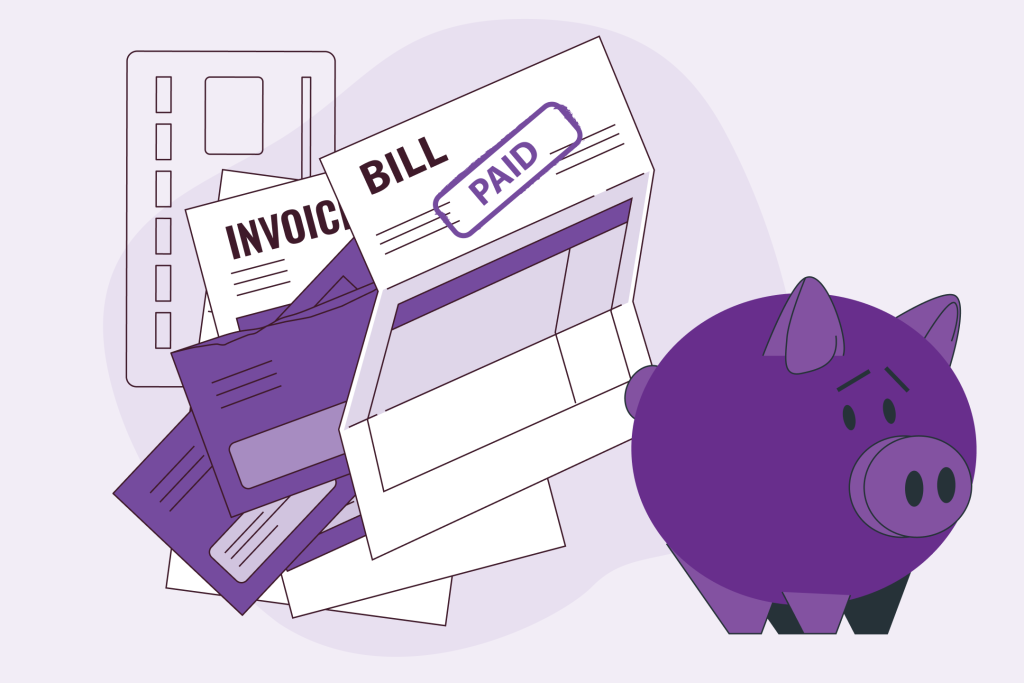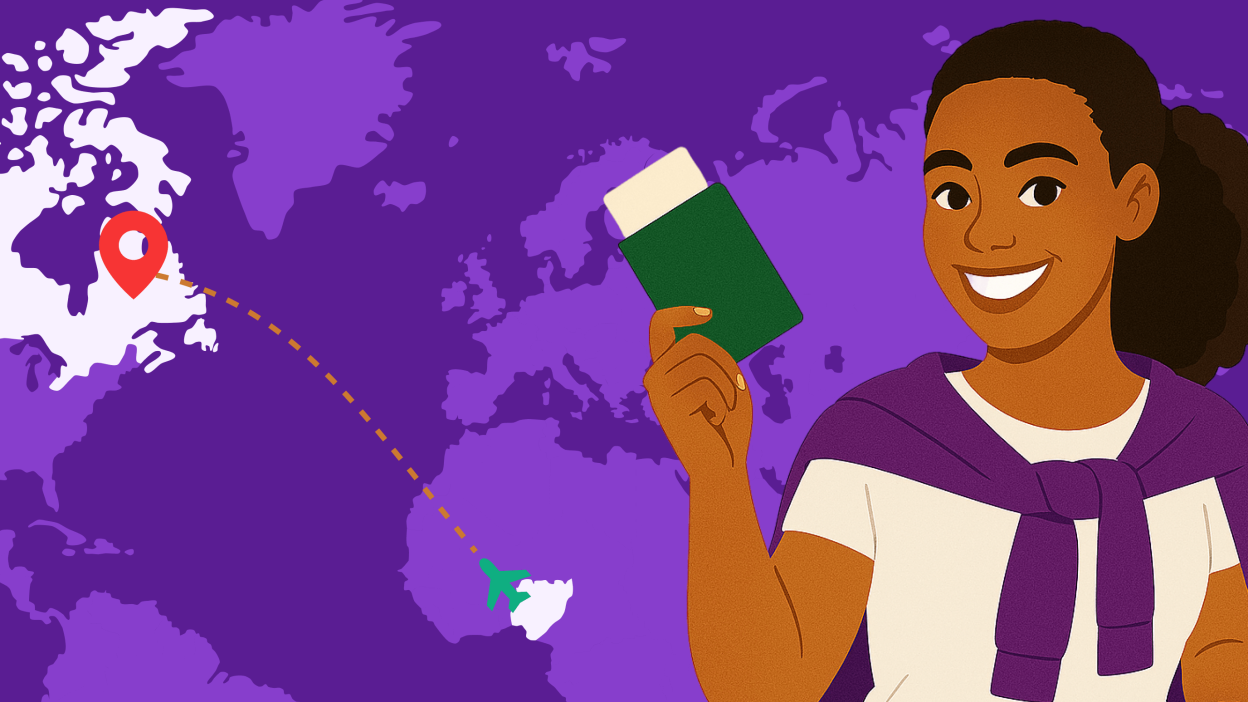What You Need to Know to Thrive in Canada as a Nigerian Immigrant
Moving to Canada is a dream, and with good reason. Canada represents a chance to have a better life for yourself and your family, especially if your whole life has been spent in Nigeria.
However, relocating to Canada is life-changing and has its ups and downs. There are things nobody tells you until you experience them yourself. Let’s explore these realities that can make your transition smoother.
1. Budgeting Is A Survival Skill

Staying in Canada means you’ll spend more than 40% of your monthly income on rent alone, especially in cities like Toronto, Vancouver, or Ottawa. For example, a one-bedroom apartment in downtown Toronto can cost over CAD 2,200 per month. Plus, other bills like transportation or groceries combined make living in Canada expensive.
At the same time, there are hidden seasonal costs. This is because during winter seasons, you will need to get proper winter gear. Some of the clothes you should get are insulated jackets, snow boots, thermal gloves, and heating equipment. This is very important, especially for Nigerians moving from warm cities like Lagos or Enugu. That is why many people are usually shocked by the expenses of winter preparations.
By budgeting and using expense tracking apps, it is easy to get through the expenses one day at a time. Also, always compare the prices of different grocery stores and don’t rush into renting flashy apartments. Most importantly, understand the exchange rate; you can use reliable platforms like CadRemit to send and receive funds internationally with zero hidden fees.
2. Cultural Differences Are Real

Canada is multicultural. But as a Nigerian, it’s easy to notice that Canadians prefer their own personal space and individualism. So, this may feel odd to you, especially because you’re used to communal living and collective identity. Also, you might find Canadians polite but distant, or notice the absence of greetings and talk in public settings.
This cultural shift can lead to homesickness during your first year. You may miss Nigerian food, church services, street slang, street noise, or even NEPA jokes. It is important to know that it is normal for many people to feel disconnected at first.
When you find your community, it becomes the easiest thing to live in Canada. According to the 2016 census, there are over 51,800 Nigerian Canadians, mainly in Toronto, Brampton, Calgary, Ottawa, and Vancouver, so you might consider moving to those cities instead.
3. There Are Jobs, But You Might Start Over

One of the hardest truths for new immigrants is realising that your qualifications may not get you the same job you had in Nigeria. Canadian employers often ask for “Canadian experience,” which becomes frustrating. How do you get experience without someone giving you a chance?
Many Nigerians come to Canada as engineers, accountants, and teachers. But they usually start with driving for Uber, doing warehouse jobs, or working in retail. They do this not because they are not qualified, but because it’ll usually take time for you to understand the job market and get the right certifications.
Consider volunteering in your field, enrolling in short local courses, or attending job fairs and networking events. Or use platforms like LinkedIn and Workopolis to apply for jobs within Canada or remote jobs. Then use CadRemit to receive payments in USD or Euro if you’re employed outside Canada.
4. The Weather Is More Than Just Cold

Nothing prepares you for your first Canadian winter. Temperatures can drop to -30°C in places like Winnipeg or Edmonton. Snow can pile up knee-deep. Days are short, and you might leave home in the dark and return in the dark. It’s a major contrast to Nigeria’s warm, sunny climate.
This change doesn’t just affect your body; it affects your mind. Many immigrants experience Seasonal Affective Disorder (SAD), a type of depression caused by a lack of sunlight. It can make you feel tired, irritable, or disconnected.
Prepare ahead; invest in good winter gear, take vitamin D supplements, and try light therapy if you feel persistently down. Above all, stay socially active during the winter months. Visit friends, go to the gym, and attend community events. Winter is tough, but with preparation and support, you’ll adapt.
5. Immigration Isn’t The Finish Line

Getting your Canadian visa or study permit is only the beginning. Once you are inside the country, you will see other issues. You might encounter a problem with health registration or tax filing. Canada runs on systems, and navigating them well requires patience and attention to detail.
For example, your healthcare is free. However, you will need to register for a provincial health card first, and this can take weeks. At the same time, you need a Social Insurance Number to work. You will also have to adapt because you need a credit history to rent better apartments or buy a car.
If you feel like all these are too much, take it one system at a time. Talk to newcomers’ centers because many cities have them, and never hesitate to ask questions.
6. Financial Literacy Will Define Your Comfort

Canada’s financial system is credit-based. Unlike Nigeria, where transactions are often cash-first, Canada uses credit for everything. You will need credit for rent, car purchases, utilities, and even phone bills. But good credit isn’t automatic. You must build it carefully by using credit cards responsibly, paying bills on time, and maintaining low balances.
Without a credit history, you might struggle to get loans, rent in competitive areas, or even get approved for utilities. It’s important to understand the basics of budgeting, saving, credit scores, and taxes. One key area is managing international transfers. Whether you are sending money home, getting support from Nigeria, or paying for school, you’ll need a platform that’s cost-effective, fast, and reliable. That’s where CadRemit comes in.
The transition from Nigeria to Canada is not very easy.. However, it didn’t stop you from building the life, families, careers, and communities you want. Some of the things you should expect to face include weather, culture shock, job hunting, and financial learning curves. So learn to be more adaptable and more resourceful. And if you can, lean on your community, ask questions, prepare your mind, and your finances.




